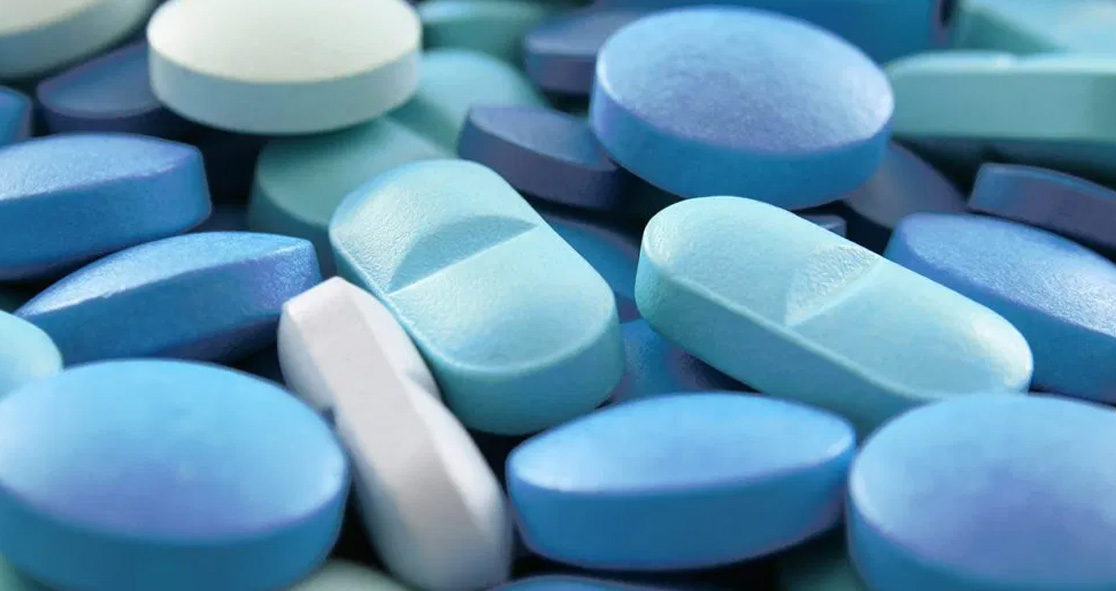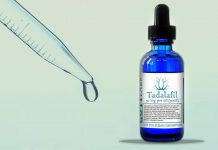The U.S. Food and Drug Administration (FDA) has issued health warnings about more than 50 sex supplements, including Rhino 88 Extreme 9000, Rhino 69 Power 500k, and the Rhino 69 Platinum 75000, Black Stallion, Stiff Nights, Thumbs Up 7, among others.
Although some men who tried Rhino pills have found them surprisingly effective, others have reported troubling side effects, such as headaches.
Since 2018, a FairWarning review of FDA data found 49 reports of problems, including penile pain, palpitations, congestive heart failure, and even coma.
For instance, a 31-year old man believed to have taken a pill of Rhino Male Enhancement before suffering a fatal heart attack. A federal investigation revealed the supplement was tainted with sildenafil (Viagra), (tadalafil) Cialis, and dapoxetine (Priligy). Sildenafil and tadalafil are the drugs advised for men with ED and dapoxetine for premature ejaculation.
Under federal law, supplements should contain natural ingredients such as vitamins, minerals, and herbs, but not pharmaceutical or prescription drugs. Supplements can be sold over-the-counter.
However, after a supplement is banned by the FDA due to its hidden drugs, sellers can make a slight name change to “create a new pill that is exactly what they were selling before,” said Steve Lipscomb, an attorney handling a lawsuit against Amazon over pills called Rhino 50k.
Selling tainted over-the-counter supplements is illegal and some experts have been asking the FDA why it has not cracked down further on products that violation of federal law.
Since 2015, the agency has identified over 200 sex supplements with undeclared prescription drugs. Nearly 15 of those supplements contained erectile dysfunction (ED) drugs, such as sildenafil and tadalafil. In most cases, the FDA just recalls the products and advises consumers to avoid using them.
Dr. Pieter Cohen of Harvard Medical School, who has been studying the dangers of unregulated supplements, said, “These are illegal products that are just openly being sold, and the FDA is not doing anything about it. People say it’s not in my jurisdiction. Within the FDA, there is a lot of bureaucratic arguing about who is responsible for taking these products off store shelves.”
In a statement, the FDA said, “The agency faces several challenges in deterring fraudulent marketing of these types of products,” adding the obstacles are that “even after recall and enforcement action against one distributor, a number of other distributors of a product may continue to sell it.”
Jeremy Kahn, Press Officer, FDA, said, “Despite these challenges, the FDA recognizes the seriousness of this problem and continues to act within its resources and authorities to address this problem as best it can.” The article was originally published in Salon, a digital media outlet.























